Understanding the Connection Between High Basophils, Methylation, and Depression
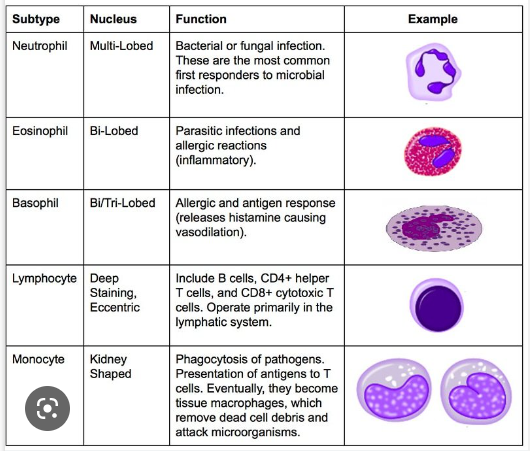
White blood cells (WBCs) play a crucial role in protecting the body from infections, with different types of WBCs performing unique functions. Among them, basophils are especially notable for their role in managing histamine levels, which affect allergic responses and inflammation.
What Are Basophils and Their Function?
Basophils are a specialized type of WBC responsible for releasing histamine, a compound that facilitates immune responses to allergens and pathogens. Histamine helps by dilating blood vessels, increasing blood flow to affected areas, and causing the redness and swelling associated with inflammation. Thus, basophils function as a key player in allergic reactions and immune regulation.
Basophils and Allergies
A high basophil count (or basophilia) is uncommon but can signify specific health conditions, including allergies, certain infections, and blood disorders. However, high basophils are also frequently observed in individuals with undermethylation, a biochemical imbalance associated with mood disorders such as depression and OCD.
High Basophils and Depression
People with high basophils and depression may experience overlapping symptoms common in undermethylation, such as heightened emotional sensitivity, obsessive-compulsive tendencies, and a low threshold for stress. This connection arises because undermethylation can lead to an increase in histamine within basophils and red blood cells (RBCs). Histamine levels, specifically whole blood histamine, are a critical marker of methylation status. Elevated histamine in whole blood often indicates undermethylation, whereas lower levels may suggest overmethylation.
The Role of Basophils and Histamine in Methylation
Histamine is broken down within cells by specific enzymes, and in undermethylated individuals, these enzymes may not function efficiently. High intracellular histamine levels, as seen in basophils and RBCs, are associated with allergic responses, inflammation, and often, mood disturbances. This means that basophils and histamine levels offer insight into a person’s methylation status and potential susceptibility to mood disorders.
The Importance of Methylation in Mental Health
Methylation—a biochemical process affecting DNA expression, neurotransmitter balance, and detoxification—can profoundly influence mental health. Undermethylation is commonly linked with high histamine levels, leading to conditions such as depression, OCD, and anxiety. Conversely, extremely low basophils may indicate overmethylation and present with distinct symptoms, including reduced immune response.
The Walsh Approach to High Basophils and Methylation Imbalance
As a Walsh-trained practitioner, we assess methylation imbalances by analyzing whole blood histamine and a plasma methylation panel. These tests provide an accurate picture of a person’s methylation status, guiding a personalized treatment plan. Patients with high basophils who exhibit symptoms of undermethylation may benefit from targeted methylation support, which can address both immune imbalances and mood-related conditions.
Key Takeaways on Basophils, Histamine, and Mental Health:
- High basophils indicate allergic predispositions, histamine release, and possibly undermethylation.
- Whole blood histamine is a direct measure of histamine levels linked to methylation status.
- Methylation support can help stabilize mood and reduce inflammation in undermethylated individuals, which is particularly relevant for those struggling with chronic depression and OCD.
By understanding the roles of basophils and methylation, we can more effectively support individuals with mood disorders, allergies, and immune imbalances. A functional approach to methylation and histamine levels is essential for long-term mental and physical health.
Get Personalized Support for Basophil and Methylation Imbalances.
For individuals experiencing depression or mood-related symptoms, understanding the biochemical factors behind these conditions is essential. Dr. Dave offers a CBC test and a 10-minute phone consultation for $50. During this consultation, he provides insights into the connection between mood symptoms and underlying causes like undermethylation, which can lead to low serotonin levels. Dr. Dave’s natural treatment approach offers guidance on managing symptoms effectively.
To learn more about the impact of methylation on mood and discover how natural therapies can help, schedule a consultation today.
Lab Tests for White Blood Cells and Histamines
All Cognoscopy Labs
Other Single Item Tests
Walsh Approach Single Tests
Walsh Approach Test Panels
Methylation Test Panel – Whole Blood Histamine & Homocysteine

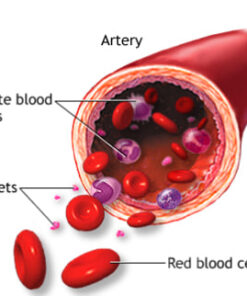
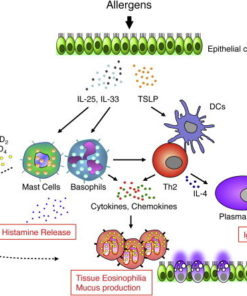
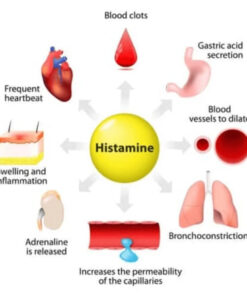
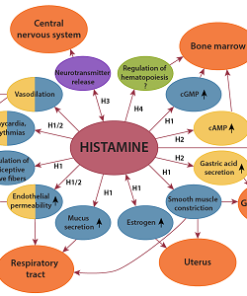
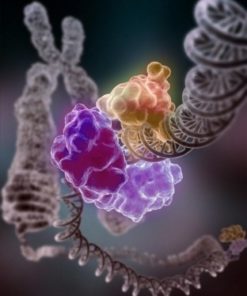
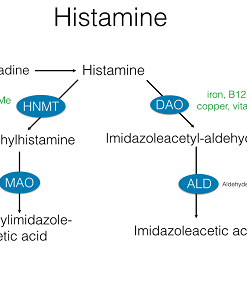
Thank you so much for sharing such an informative post!
A very informative article on what Histamines are and their role that they play on our overall health. Thank you for taking the time to explain and post this.
Pingback: My Homepage
Pingback: Interior Paint in Cedar Park
Pingback: pgslot
Pingback: เว็บปั้มไลค์
Pingback: Codename:Pepe
Pingback: pigspin
Pingback: บาคาร่าเกาหลี
Pingback: pin up application
Pingback: chicken road casino